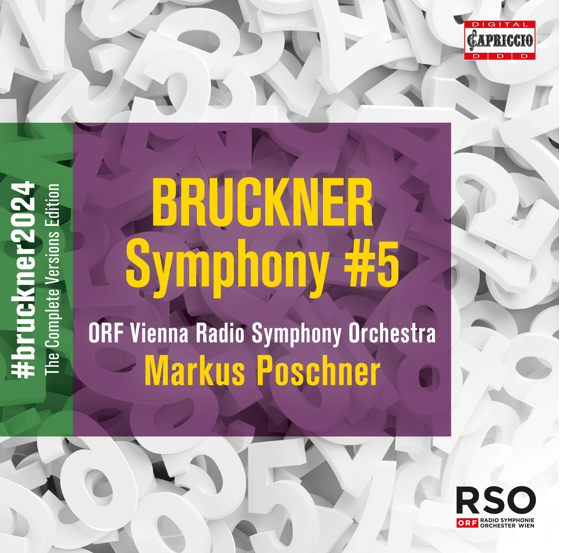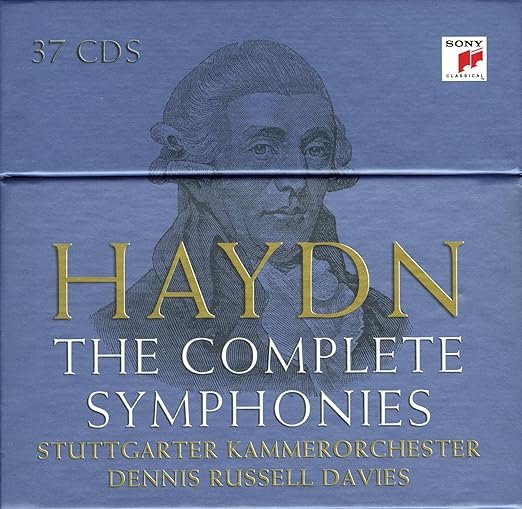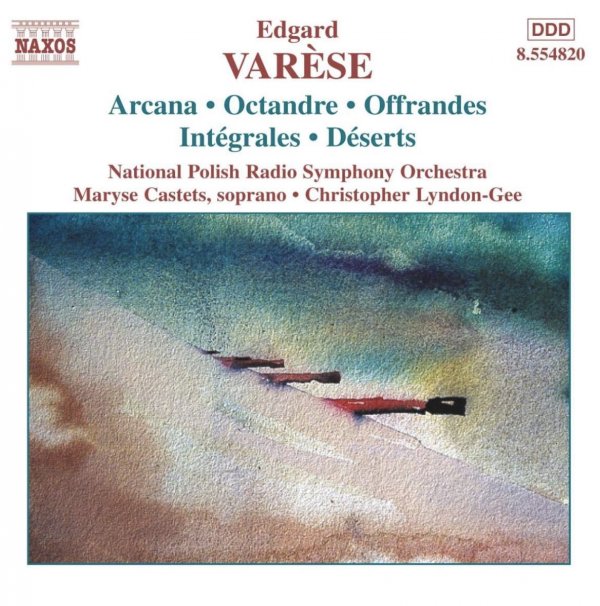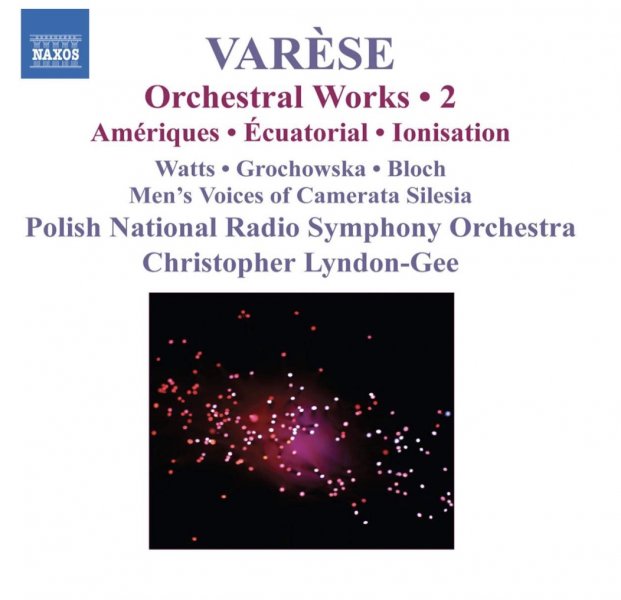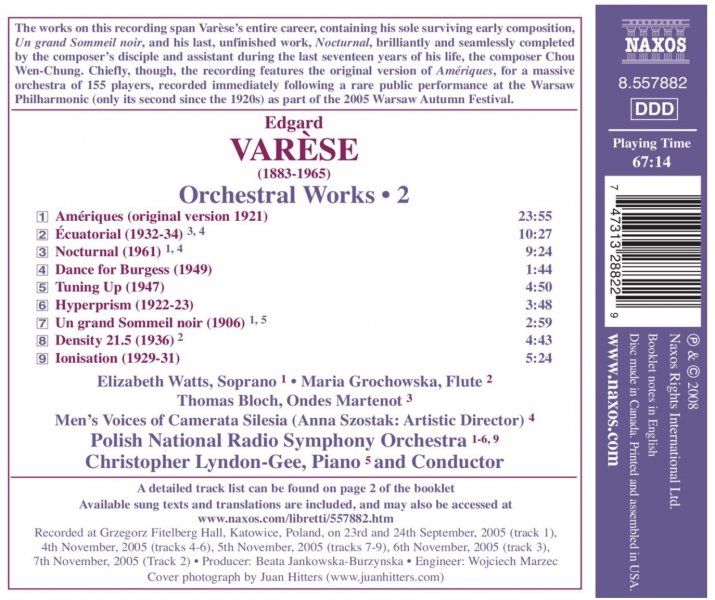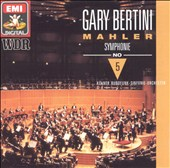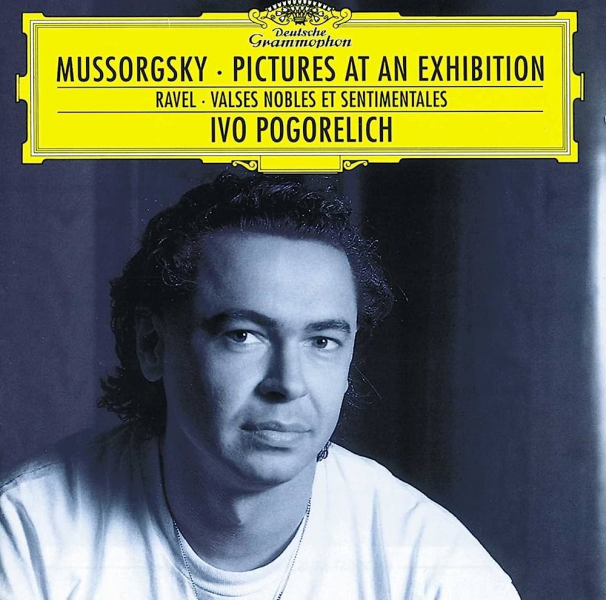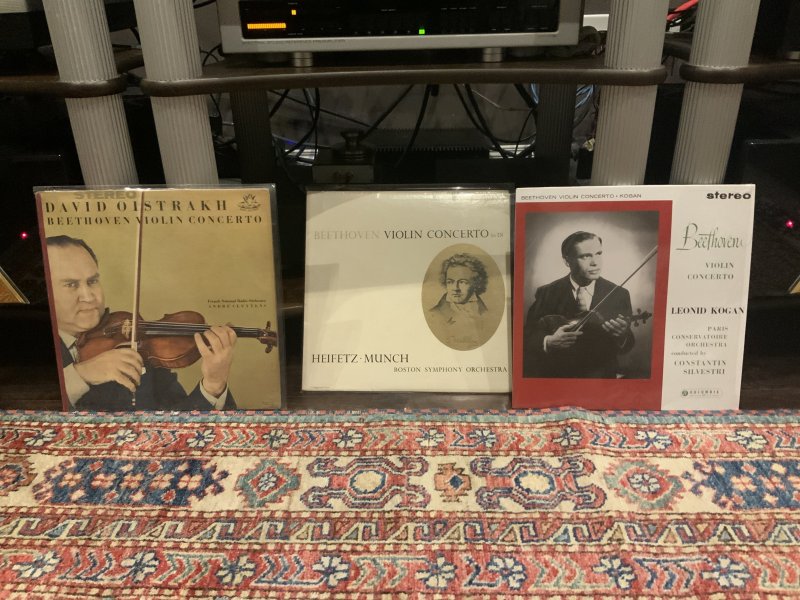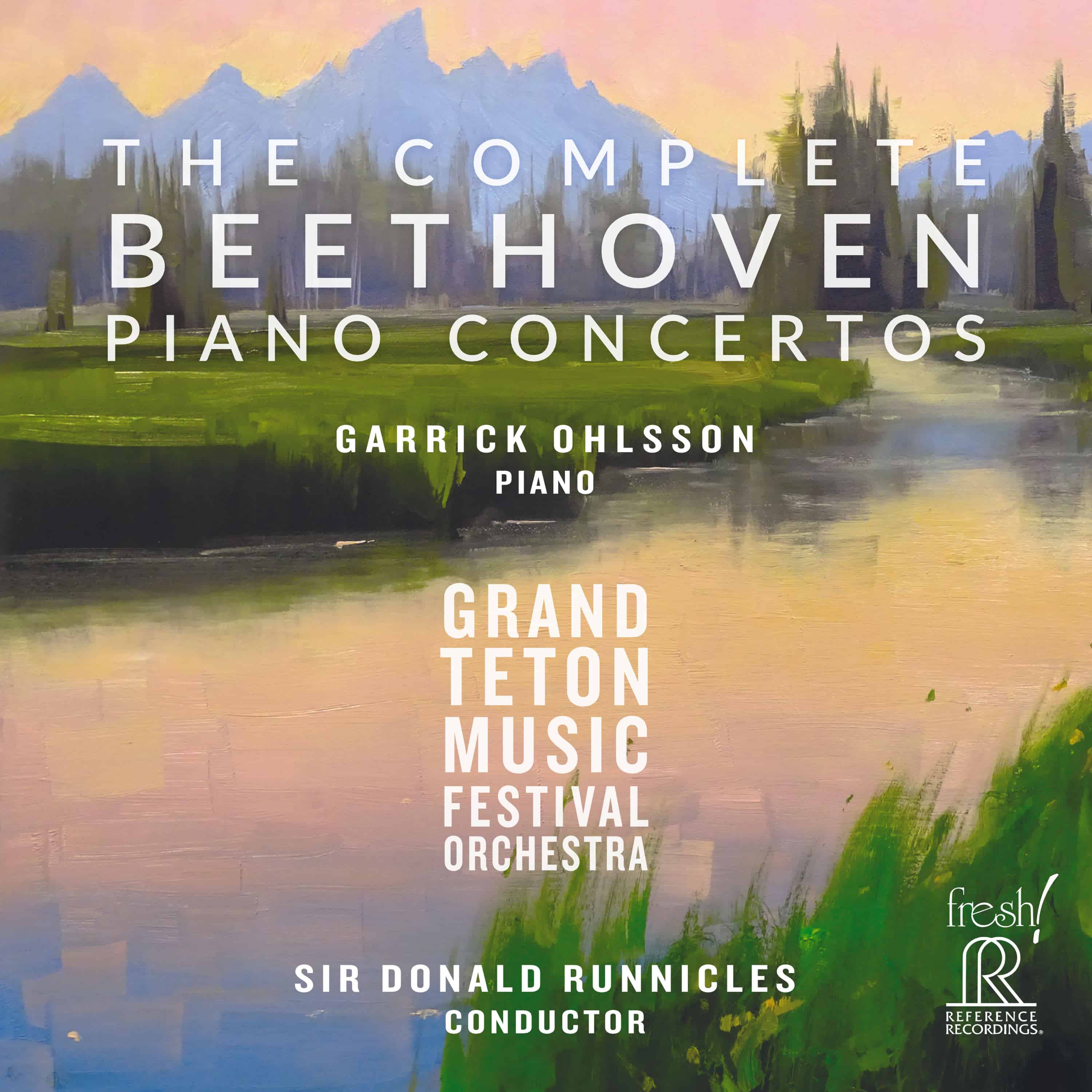Percussions Galore!
The physical side of being exposed to music is very important for me, as it suscitates an immediate (as in non-mediated) connection between sounds and my body, bypassing the aesthetic - hence rational / analytical - step of experiencing sound waves.
This is why I love deep bass content, and all percussive instruments .
.
Percussions are the incarnation of the primal elements in music, such as pulse, physical excitement through loud sounds, even a certain form of channeled violence, and this somewhat tribal heritage is still well present in modern music, both popular and cultivated.
In the most sophisticated compositions, the visceral aspect of percussions is made more interesting not only through complex rhythms and accents, but also - and more importantly - by color, atmospheric suggestions, again insisting in the impressionistic part of the listener's experience as the connecting tissue of the more explicit, outspoken parts of the musical text.
However, there are cases of scores where percussions play the main character, and boy these can be a lot of fun!
Take the Bartók (who loved experimenting with the percussive side of music and used it in many situations, most famously in his piano concertos) disc below, for example. Composed in 1937, it was a daring attempt to exploiting all the capabilities of the percussion section as the protagonist within the context of a relatively classical form.
Percussions are used to create the sense of space, to reinforce the nocturnal breathing theme in the Adagio and - more idyomatically - to convey the folkloric themes in the Finale. This recording has the typical Living Stereo sound: big, atmospheric, organic, with impressive dynamics.

Another modern work where percussions are the star of the show is the Arcana from Varèse (1927). Here, the percussion section is especially varied, as it includes (according to Wikipedia): medium-sized gong, Chinese cymbal, high tam-tam, low tam-tam, bass drum, string drum, snare drum, side drum, suspended cymbal (with drum sticks), guiro, triangle, slapstick, two Chinese blocks, xylophone, glockenspiel, a rattle, three bells ... and two coconuts
The result is as exciting as hell, and in the spectacular recording below you can appreciate all the hues and all the dynamics in an unrestrained fashion.

Anaklasis (1960), from the Polish composer Penderecki, is a seriously disturbing piece, with a unique, ominous, gripping power driven mainly by the chaotic contrast between the scary string parts and the cataclysmic percussion section. The next composition on this disc is Penderecki most famous work, the Threnody to the Victims of Hiroshima, another bleak, anxious, shattering creation where percussions play a key role in most climatic parts

The physical side of being exposed to music is very important for me, as it suscitates an immediate (as in non-mediated) connection between sounds and my body, bypassing the aesthetic - hence rational / analytical - step of experiencing sound waves.
This is why I love deep bass content, and all percussive instruments
Percussions are the incarnation of the primal elements in music, such as pulse, physical excitement through loud sounds, even a certain form of channeled violence, and this somewhat tribal heritage is still well present in modern music, both popular and cultivated.
In the most sophisticated compositions, the visceral aspect of percussions is made more interesting not only through complex rhythms and accents, but also - and more importantly - by color, atmospheric suggestions, again insisting in the impressionistic part of the listener's experience as the connecting tissue of the more explicit, outspoken parts of the musical text.
However, there are cases of scores where percussions play the main character, and boy these can be a lot of fun!
Take the Bartók (who loved experimenting with the percussive side of music and used it in many situations, most famously in his piano concertos) disc below, for example. Composed in 1937, it was a daring attempt to exploiting all the capabilities of the percussion section as the protagonist within the context of a relatively classical form.
Percussions are used to create the sense of space, to reinforce the nocturnal breathing theme in the Adagio and - more idyomatically - to convey the folkloric themes in the Finale. This recording has the typical Living Stereo sound: big, atmospheric, organic, with impressive dynamics.

Another modern work where percussions are the star of the show is the Arcana from Varèse (1927). Here, the percussion section is especially varied, as it includes (according to Wikipedia): medium-sized gong, Chinese cymbal, high tam-tam, low tam-tam, bass drum, string drum, snare drum, side drum, suspended cymbal (with drum sticks), guiro, triangle, slapstick, two Chinese blocks, xylophone, glockenspiel, a rattle, three bells ... and two coconuts
The result is as exciting as hell, and in the spectacular recording below you can appreciate all the hues and all the dynamics in an unrestrained fashion.

Anaklasis (1960), from the Polish composer Penderecki, is a seriously disturbing piece, with a unique, ominous, gripping power driven mainly by the chaotic contrast between the scary string parts and the cataclysmic percussion section. The next composition on this disc is Penderecki most famous work, the Threnody to the Victims of Hiroshima, another bleak, anxious, shattering creation where percussions play a key role in most climatic parts



